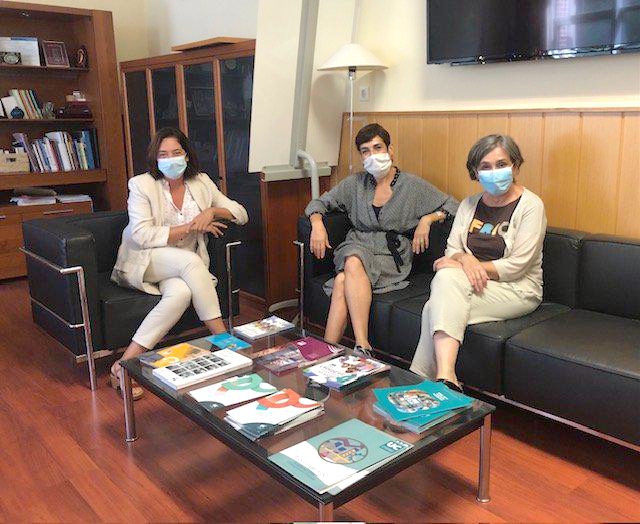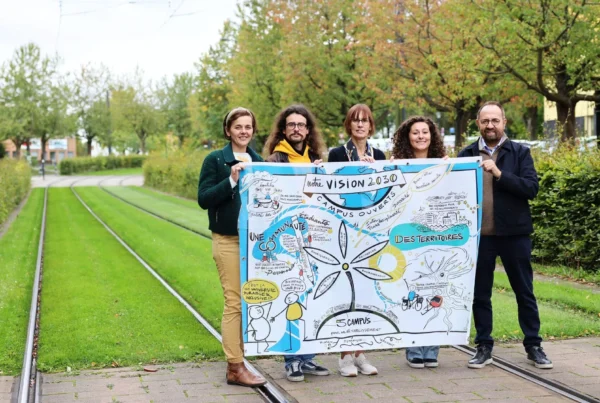Universities of Cantabria and Catania (Spain, Italy) have been collaborating in a research project on children’s spaces, aimed at analysing school and city play spaces with eco-inclusive criteria. The results of this analysis will be released soon and a second phase of the project will begin afterwards, involving also researcher from University of Mons (Belgium).
During the academic year 2021/2022, a research collaboration between the Department of Education at the University of Cantabria (UC, Spain) and the Department of Education Sciences at the University of Catania (UNICT, Italy) began. Prof. Teresa Susinos (UC) and Prof. Roberta Piazza (UNICT) started a research project aimed at analysing school and city play spaces with eco-inclusive criteria and whether the design of these spaces dedicated to children took into consideration the eco-inclusive perspective, with a comparative approach. The project was developed together with Dr. Ángela Saiz and Dr. Noelia Ceballos (Department of Education at UC) and Dr. Giusy Pappalardo (Department of Civil Engineering and Architecture at UNICT).
To this purpose, UC and UNICT students shared visual information (pictures and videos) of schools and city playgrounds. The images were analysed taking into account a series of questions useful for understanding the design criteria of parks/playgrounds: Are the places child-friendly? Are they somehow connected with nature? Do they meet the children’s needs? Are the routes to school/park safe? What opportunities for contacting with nature do children have around the school/park? What opportunities exist to connect the school/park with the neighborhood?
Students accompanied the photographs with a short text explaining the characteristics of the spaces and offering suggestions on how to design, based on the eco-inclusive approach. The text took the form of a virtual postcard to be exchanged among students from both UC and UNICT. A final common archive (open web space) collected all the photographs and analyses made.
“The eco-inclusive perspective allows us to think of play spaces taking into account the possibility for all children to find opportunities to discover, experiment, learn,” said Prof. Roberta Piazza (UNICT). “Another key point is the use of natural, environmentally friendly materials. The designs of these spaces appear highly standardised and uniform. The impression is that, at least in Sicily, there is a ‘single mind’ that designs and chooses the games. The comparison between the two countries allowed us to bring out the presence of common problems, in terms of eco-inclusive design and the need to involve local authorities in rethinking spaces for children”.
The results of this research initiative will be published soon, and its participants designed a new project for academic year 2023/2024: The School in the Community: Mapping Social Partnerships in Schools, which will also involve the University of Mons (Belgium).






